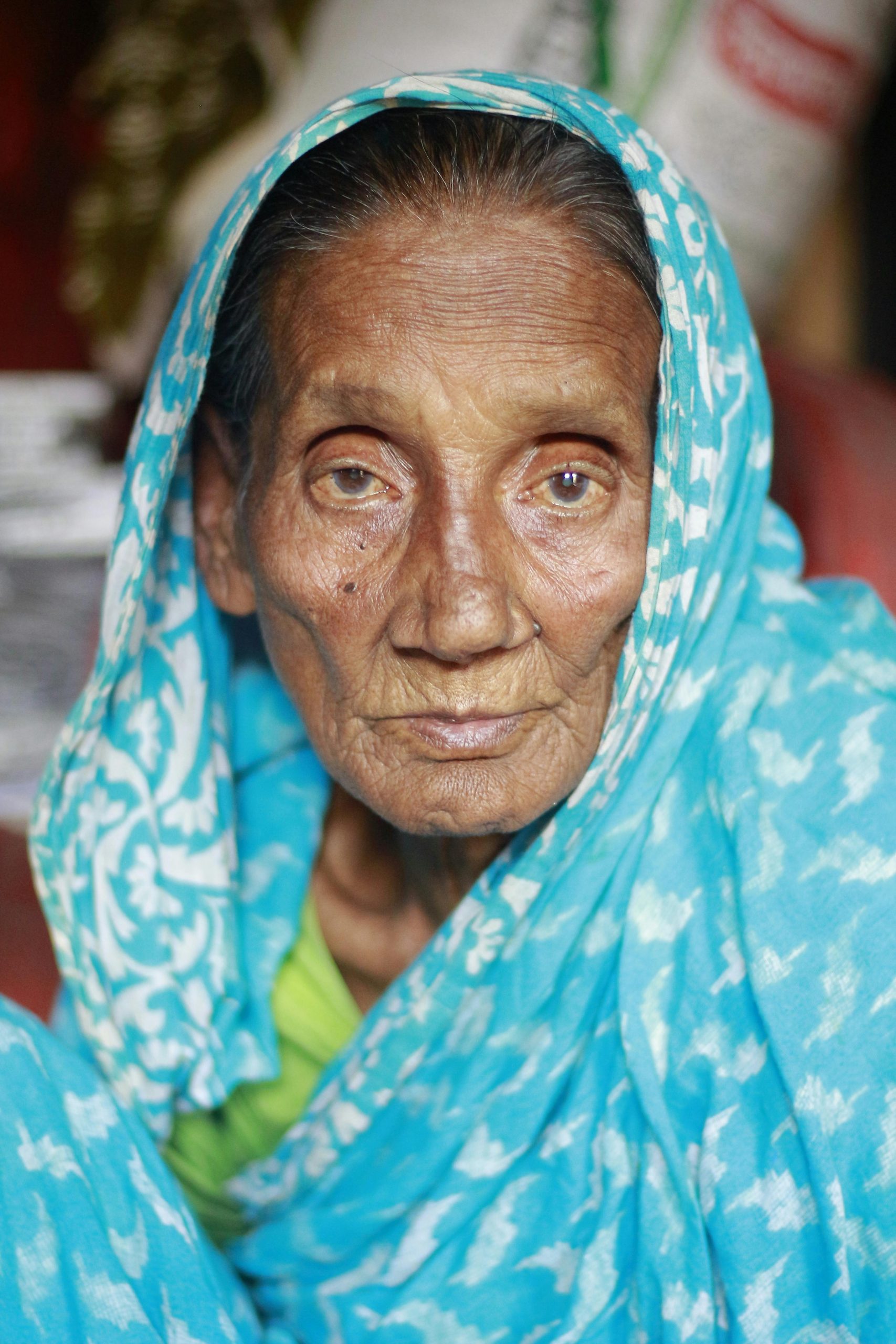Navigating the Unthinkable: The Dilemma of Renters Facing Domestic Abuse
The housing situation can be daunting for many individuals, but for those living with the shadow of domestic abuse, the challenges are often insurmountable. Imagine a scenario where a victim finds themselves trapped in a rental agreement, knowing that their abuser is well aware of their location, yet unable to move for fear of further danger or financial instability. This is the harsh reality faced by some renters today.
For many, the decision to relocate isn’t just a matter of packing boxes and changing addresses. It encompasses a myriad of fears, considerations, and logistical hurdles. The prospect of leaving a familiar environment is compounded by the potential threat that is always looming—which includes the abuser’s ability to track them down.
In urban areas where rental prices soar and housing shortages impact availability, victims of abuse often find themselves in a catch-22 situation. They may feel trapped, unable to find safe housing that fits their financial means or worried that moving could put them in even more perilous situations.
The emotional toll of being unable to escape an abusive situation is profound. With mounting stress and anxiety, many remain in silent suffering, caught between the desire for safety and the harsh realities of their housing circumstances. This dilemma raises critical questions about the support systems in place for victims and the need for more robust measures to protect and empower those in distress.
As we examine the intersection of domestic abuse and housing insecurity, it’s essential to amplify the conversation surrounding these challenges. Communities must come together to create more resources—such as safe housing initiatives and financial assistance programs—to aid those who feel cornered by their circumstances.
It’s crucial for victims to know they are not alone and that help is available. Whether through local shelters, legal resources, or supportive networks, there are paths to a more secure life beyond the grasp of an abuser. Addressing these issues is a collective responsibility, and only through awareness and understanding can we hope to foster the change needed to support the vulnerable among us.



